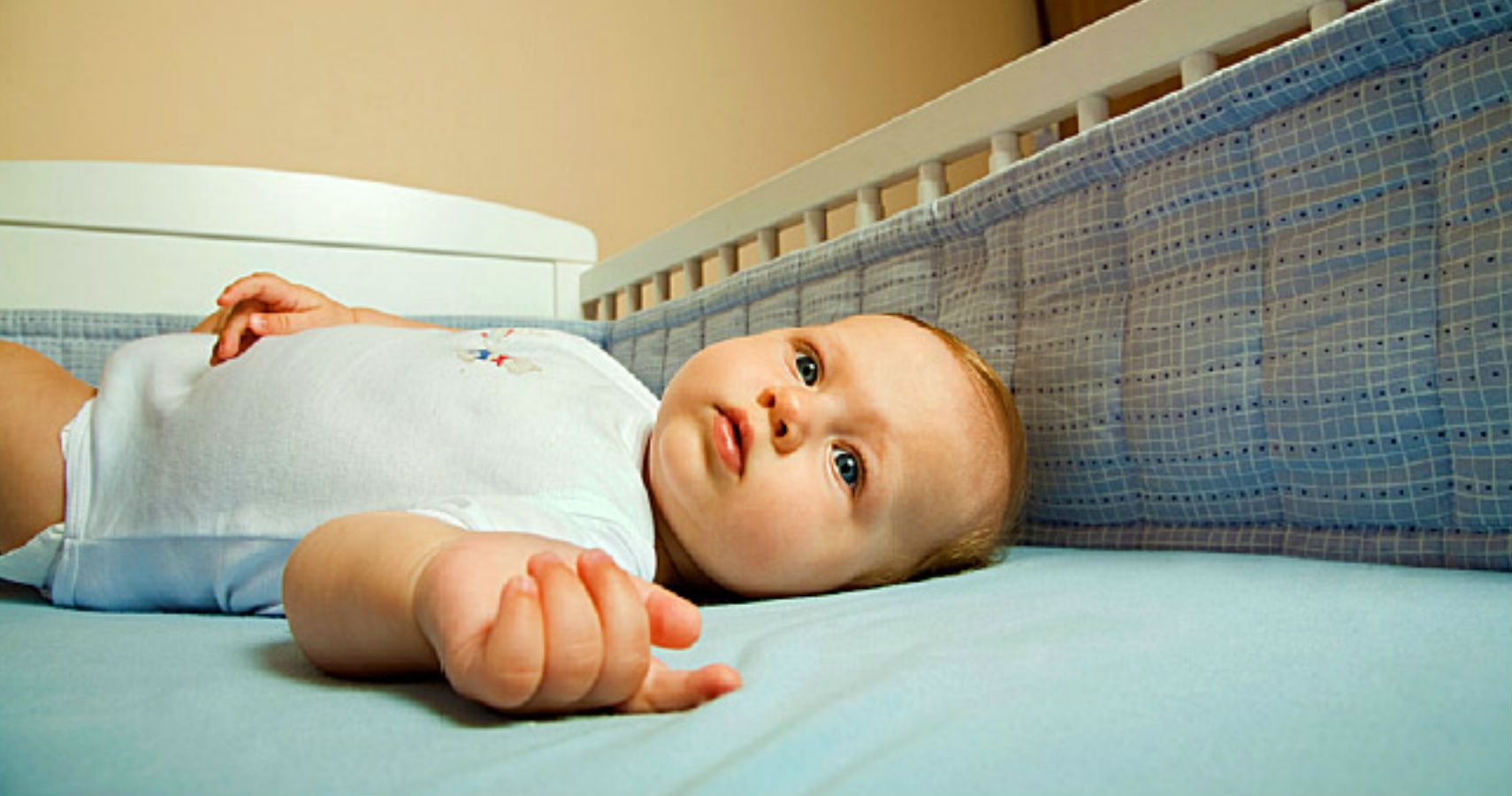Please note that the information in this article cannot replace advice from a medical professional. Please consult your doctor before trying any of the following tips.
After weeks of only getting 2-3 hours of sleep a day, it’s wonderful when your baby starts sleeping at night for longer stretches. Ironically though, when your baby does sleep longer than usual, the first thought that comes to your mind is, “Is something wrong?” I constantly checked on my newborn because if something were to go wrong, I wanted to be right there to try and save him.
The worst fear I had, along with probably every other parent, is that my baby would pass away in his crib. Sudden Infant Death Syndrome (SIDS) - when a baby dies unexpectedly within the first year of life - is a valid concern for any new parent because the cause of it is still unknown. SIDS is unpredictable and can happen to any baby. It also does not exactly determine why a baby went to sleep and just didn’t wake up. That’s why it’s so scary for parents to let their baby sleep for long periods of time.
However, there are things you can do to reduce the risk of SIDS happening to your baby that include: practicing safe sleeping habits, breastfeeding for at least six weeks (if possible), allowing your baby to use a pacifier, and living in a non-smoking environment.
Safe Sleeping Habits
Safe sleeping habits for your baby are best defined by the ABCs: Alone in a crib, on their Back, and Close by. It has been determined that babies are safest when they are in a crib by themselves without extra blankets, pillows, bumpers, or plush animals. They should also be laid down flat on their backs to sleep. If a baby is sleeping in a swing or in a car seat, they need to be monitored. Lastly, for the first six months, babies should sleep in their own crib or bassinet in the same room as their parents. This is the safest type of co-sleeping. Each of these steps prevents the dangerous situation of baby breathing in carbon dioxide, also known as “re-breathing”.
Using A Pacifier
Although some families would rather not let their baby grow an attachment to a pacifier, it has been shown that using a pacifier is a way to reduce the risk of SIDS. For reasons yet to be understood, a baby who suffers from SIDS has the inability to wake up from a deep sleep. To prevent a baby from falling into such a deep sleep, a pacifier can help keep your baby that much more awake in order to stay alive.
Breastfeeding For At Least Six Weeks
Several studies have concluded that breastfed babies have a lower risk of SIDS. It was also proven that if a baby is breastfed for longer than two months, the prevention increases dramatically. The reason why this happens was not determined in the study, but the researchers believe that breastmilk “contains substances that may contribute to myelin development; Kinney and co-authors found that infants who died of SIDS had delayed myelination of the brain”.
The development of a baby’s brain highly correlates with the risk of SIDS, and it was shown that breastfed babies had a higher development in the right areas of the brain than other babies. To be clear, these studies do not prove that formula-fed babies will automatically suffer from SIDS or are somehow inferior to breastfed babies. Formula is a safe and completely recommended choice if breastfeeding is not an option. Since the study had breastfed babies to observe, that means SIDS can still happen to any baby.
Non-Smoking Environment
You should avoid smoking before, during and after your pregnancy. Second-hand smoke is dangerous for a baby because “Chemicals in second-hand smoke appear to affect the brain in ways that interfere with its regulation of infants’ breathing”. The CDC has claimed that “Infants who die from SIDS have higher concentrations of nicotine in their lungs and higher levels of cotinine (a biological marker for secondhand smoke exposure) than infants who die from other causes”. Even if you do not smoke, be aware of family or friends who do and ask them not to do it around your baby.
SIDS is a scary thought that nearly all parents have with their newborns. Although it is not 100% preventable just yet, there are sound methods that have proven to reduce the risk of SIDS from happening. You can decide which ones best suit your family and your baby.
Sources: American SIDS Institute; Pediatrics Publication; CDC.org

